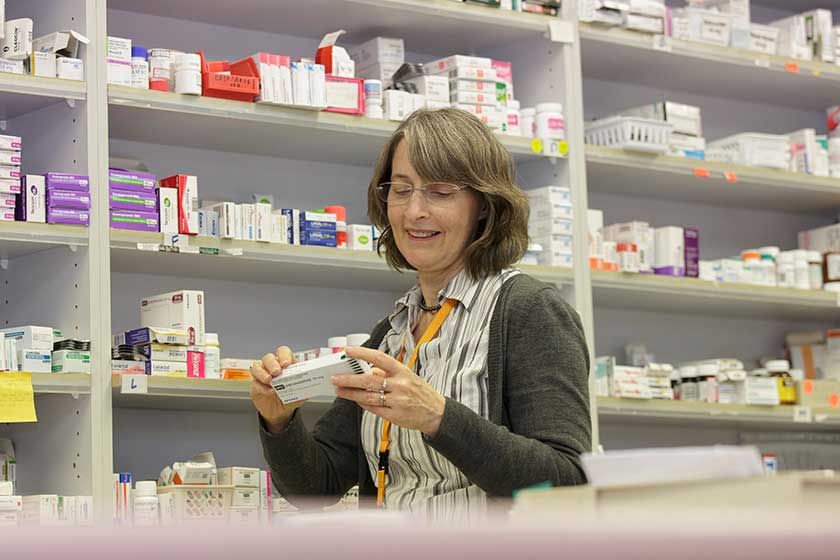“Do you have any allergies to medications or have you had any adverse reactions to medications?”
This is the question most often asked of you when you see a doctor for the first time, or go to a hospital.
If you answer yes, the doctor or a pharmacist from the hospital, will talk to you to assess whether the reaction is a ‘true’ allergy or a known side effect.
Common reactions to medications
Adverse reactions to medications vary from life-threatening allergies to minor common side effects that a person can tolerate and then continue to take the medicine.
For example:
- life-threatening allergy or anaphylaxis with penicillin – this is a severe allergic reaction and your doctor will use an alternative antibiotic which is not related to penicillin
- rash with penicillin – this is a type of allergic reaction, and your doctor will use an alternative antibiotic, which may or may not be related to penicillin
- vomiting with morphine – this is a common side effect and your doctor may prescribe a different, but related, pain-killer with an additional medicine to stop nausea and vomiting to ensure you are pain free and not suffering from unwanted side effects.
- nausea with some antibiotics – this is a common side effect and will often go away with continued use of the medicine. If nausea continues to be a problem, your doctor may prescribe an alternative medicine.
If you have had an adverse reaction to a medicine, it is important to discuss the reaction with your doctor and pharmacist.
In some circumstances, if the reaction is severe, such as facial swelling, swelling of the tongue and/or throat, shortness of breath or difficulty breathing, you must seek emergency medical attention as soon as possible.
When can a pharmacist help?
If your reaction is not severe, a pharmacist can advise whether the reaction is a known side effect or an allergic response.
The pharmacist can then advise if an appointment with the prescriber is necessary or if you should stop the medication.
Preparing for a hospital admission
If you are going to hospital for a day procedure or longer stay, bring a list of medicines you are using, and a list of the medicines you have had a reaction to and what the reaction was.
Speak with your pharmacist if you have any questions about adverse reactions to medicines.


